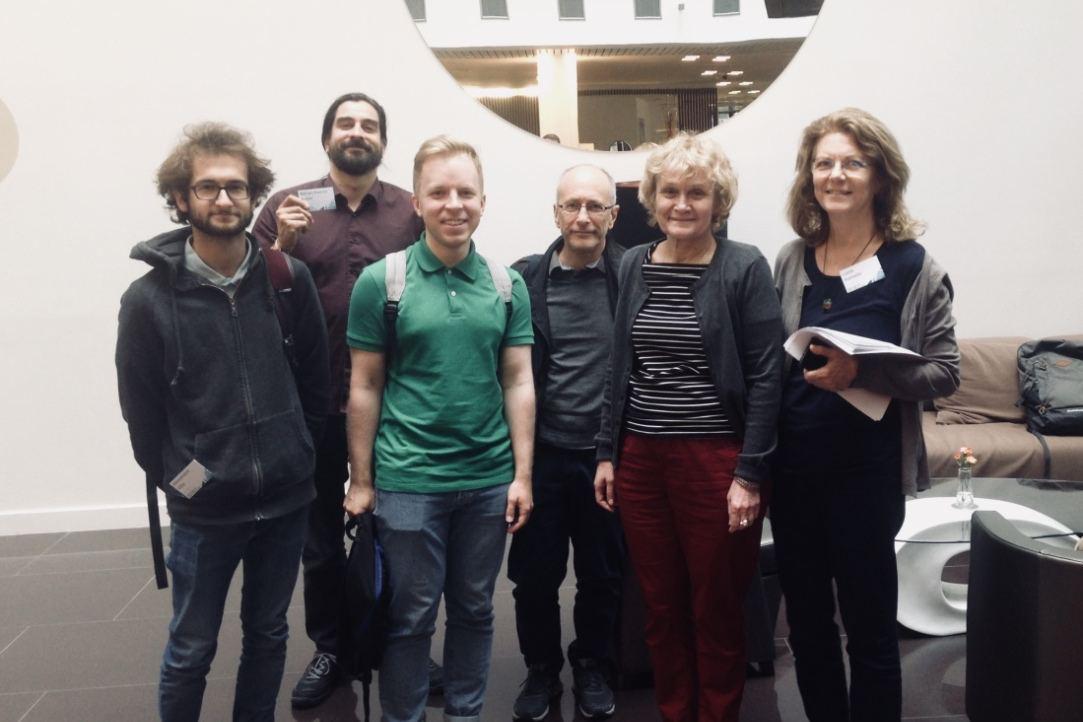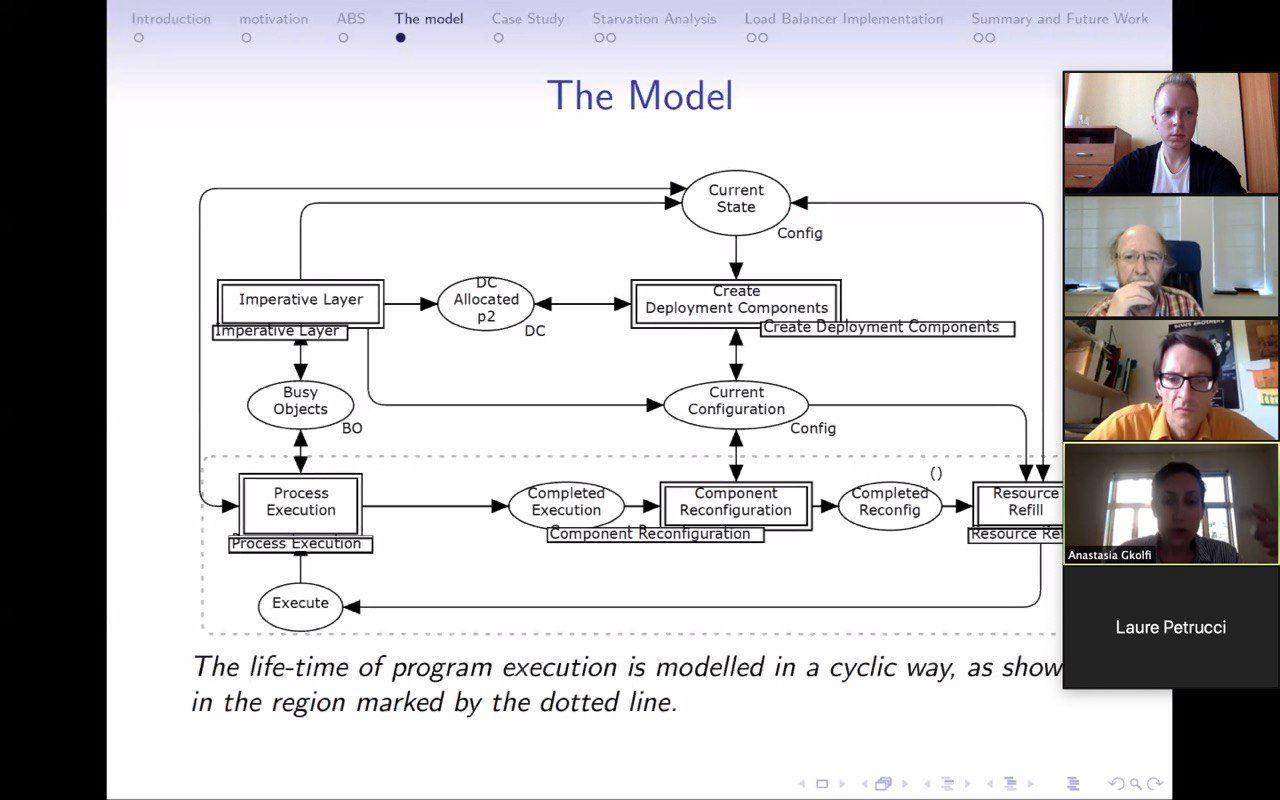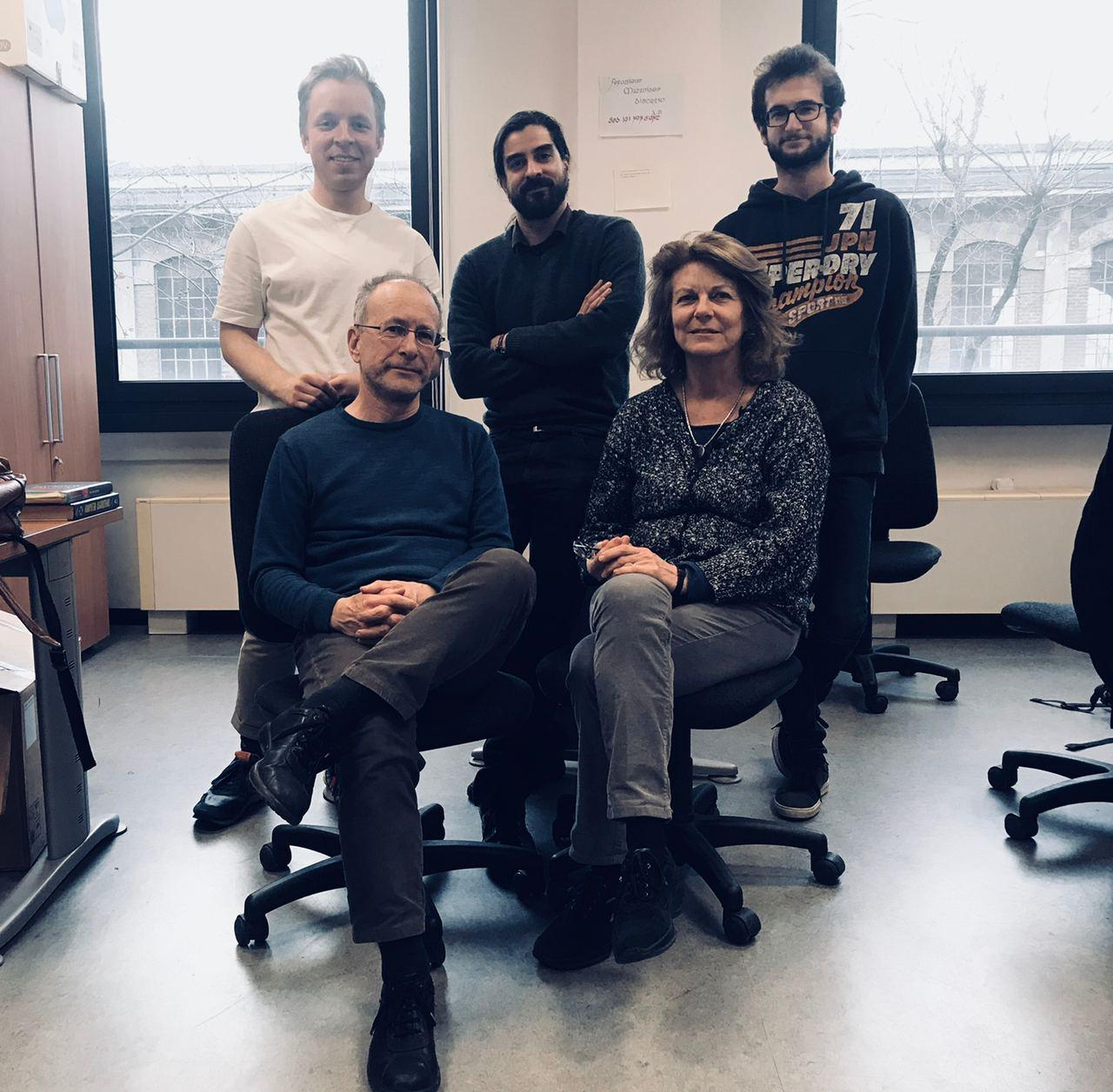Doctoral Student Talks about Joint Programme, Complex Systems, and Research during Pandemic

Roman Nesterov, doctoral student and research intern at the Laboratory of Process-Aware Information Systems (PAIS Lab), worked distantly long before it became mainstream. For he is a student of a joint doctoral school and works together with Italian researchers. He talks about his research and how to organise a joint PhD supervision.
Can you tell us about the structure of your doctoral programme? How did it come into existence?
I am studying in a joint doctoral programme of the Faculty of Computer Science, HSE University and University of Milano-Bicocca. This is my third year of study. My research supervisor at HSE University is Professor Irina Lomazova, head of PAIS Lab. On the Italian side, my supervisor is Lucia Pomello, Associate Professor of Computer Science of the University of Milano-Bicocca.
I am participating in the academic doctoral programme, which requires taking internships in foreign universities. Professor Lomazova has proposed to go further and organise a full-scale joint doctoral school. The system of co-tutoring is widely used in European universities. My research supervisors have developed an agreement on co-tutoring. Since it was signed, I became a doctoral student of both universities. It has been less complicated than expected – partly because HSE University has switched to its own degree system (PhD HSE). Per the agreement, I have to write one thesis in English and defend it only once, at HSE University.

What is your research area?
I am modelling the behaviour of complexly organised multiagent systems, or systems encompassing multiple components. Agents of the system interact – send messages to each other, for example, or perform synchronous operations. “Monolithic” modelling approach does not recognise the behaviour of separate agents in the system. Such a model can be insufficient. We are developing the composite approach, which models the system by modelling every separate agent according to its respective mode of action.
However, this approach has drawbacks too. For example, a model consisting of two proper (working without errors and completing correctly) agents can behave improperly. Sometimes it is very hard to check the whole model – we just don’t have enough computing power. By applying special local checks of separate agents, we were able to prove that the correctness of the whole model results from the correctness of agents’ models. This method greatly simplifies the modelling of multiagent systems’ behaviour.
We apply our approach to the synthesis of models of information systems’ event logs (process mining). We build well-structured models based on real data, which reflects the actual state of the system. Over time, the models can change and differ from the planned form.

How do you collaborate with Milan?
Per the agreement, I spend most of my time in Russia and go to Italy several times per year to work in the Models of Concurrency, Computation and Communication (MC3) Laboratory. Usually, we set a list of tasks before I come to Milan, and I work according to this list. Before the pandemic, I went to Milan twice a year, each time for a month and a half. Last time, I went to Milan in January-February 2020. I think that we achieve interesting results due to the comprehensive approach to our joint work. My trips to Milan are never dull – apart from research, we find time to enjoy Italian cuisine, endless walks all over Milan, and unique museum pieces.
Did the distance work affected you?
I can’t say that it did. We held online meetings before. In May, we had to finalise our paper for Petri Nets and Software Engineering (PNSE-2020) international workshop, which was to happen at the end of June. The paper was finished in due time, but the conference took place online. I also had a performance review at HSE University and University of Milano-Bicocca. The procedure was fairly standard – a presentation of results and plans at the department’s meeting and Q&A session.
The only hard thing about distance work was – psychologically – the blurring of borders between home and work. Thanks to Professors Lomazova and Pomello, and my colleagues-friends from the Faculty of Computer Science I was able to get through the quarantine. By the way, my birthday happened during quarantine too. When offline work has become possible, I returned to the office – this is more comfortable for me. I was organising my work in such a manner that the psychological discomfort of a long stay at home did not affect my results. This, however, does not mean that it was a stressless time for me.

